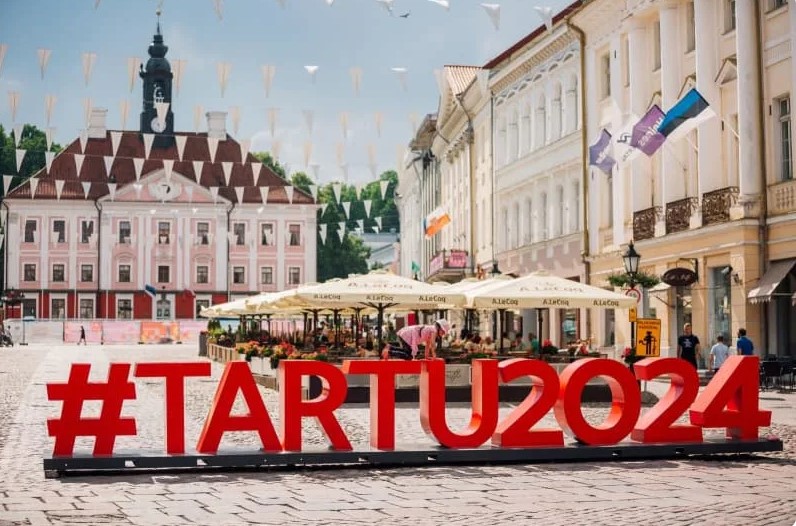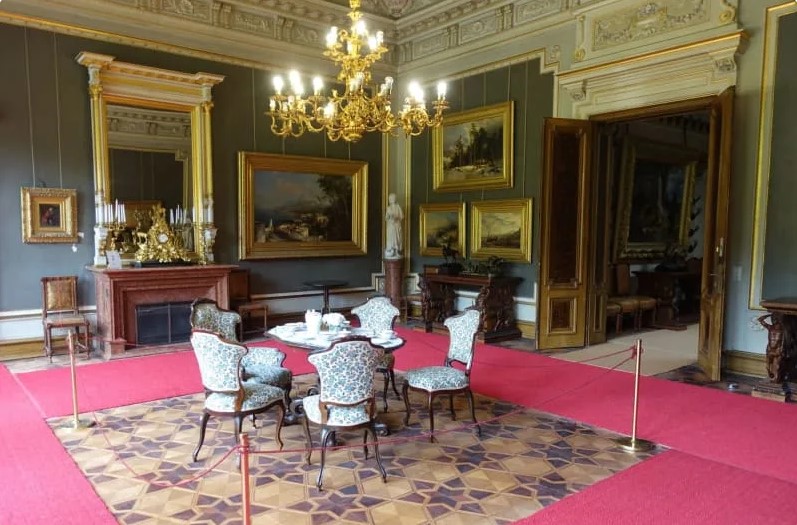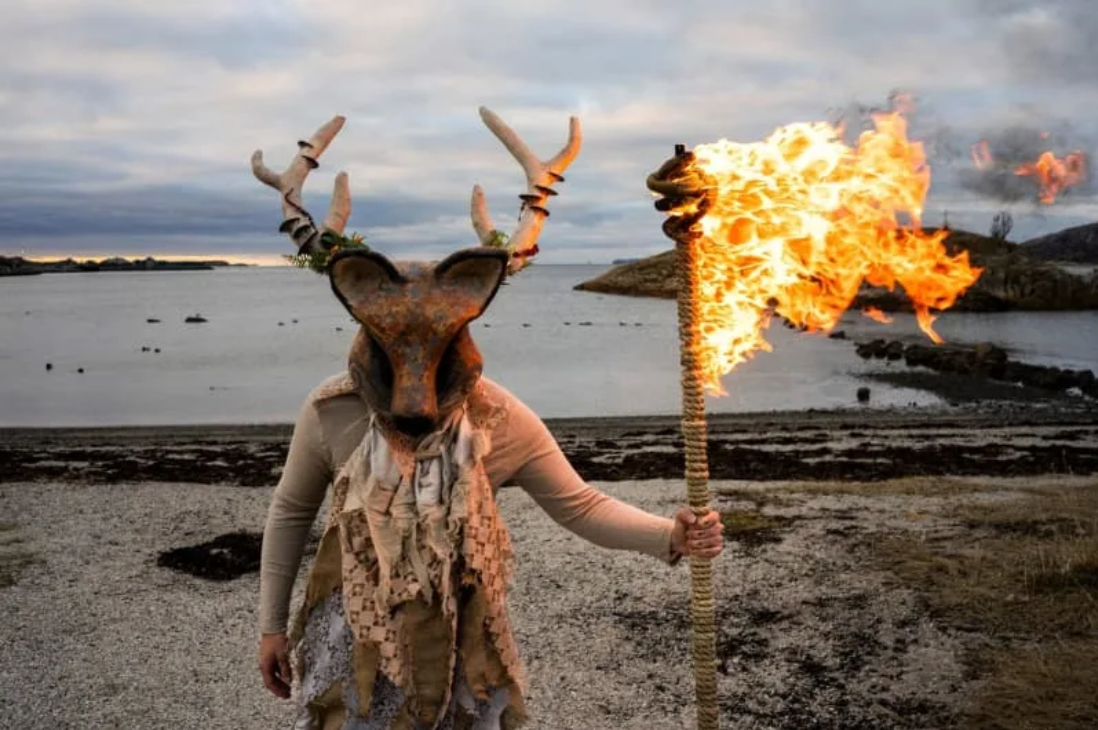BODO, Norway - The northern Norwegian city of Bodø officially opened its year as a European Capital of Culture over the weekend, despite hurdles from weather and financial issues. As the first city north of the Arctic Circle to hold the title, Bodø plans to showcase its region to the world. Events will showcase the traditions of the indigenous Sami people. Other planned highlights include Arctic ski races and a Midsummer Madness festival. The opening ceremonies featured elements celebrating the Sami culture, including performances of Sami joik (chanting) and a message from a Sami singer discussing her land.
The ceremonies also showcased Bodø's maritime history and local musicians. However, some residents felt the programming did not sufficiently represent Bodø city itself. Some non-Sami audience members felt the framing asked them to adopt uncomfortable roles or take on "Norwegian guilt" over discrimination against Sami people, while others praised the ceremonies for highlighting talented Sami artists.
The opening was impacted by power outages and bad weather from hurricanes, underscoring the challenges faced by a city above the Arctic Circle. Bodø2024 organizers are involving thousands of volunteers but face a 13.6 million Norwegian krone funding gap despite state and private sponsorship support. High inflation has caused budget shortfalls, putting some of the over 1,000 planned cultural events for 2024 in jeopardy of cancellation. Still, organizers hope the "Capital of Culture" designation will boost Bodø on the world stage.

Tartu, Estonia, hopes the designation will draw attention to the unique cultures of southern Estonia beyond the country's capital, Tallinn. The theme, "Arts of Survival," aims to promote the unique cultures found in southern Estonia. Major events include an exhibition by artist Kris Lemsalu and a concert by pop star Sting. The designation improves cultural offerings and maintains interest in cities even after their designation. These smaller locations, provide valuable exposure as they promote art and community. The three areas aim to enhance diversity on Europe's cultural map through 2024 and beyond.
Organised by the European Union, the European Capitals of Culture programme has been running since 1985 to highlight the cultural aspects of the continent's rich diversity. Each year, between one and three cities are selected to hold the title, with around €1.5 million in EU funding to support a cultural programme throughout the calendar year.

Bad Ischl Salzkammergut's theme is "Culture is the new salt", a reference to the region's history of salt mining. More than 500 cultural events will take place in 23 communities. Initiatives include the revival of an abandoned railway station restaurant through a student project. Initiatives across towns like Bad Ischl nestled among mountains and lakes are expected to enhance cultural offerings and tourism.
One such project sees local chef Christoph Held leading "Tavern Lab" to reopen the abandoned train station restaurant in Bad Ischl with students from the tourism school. Bad Ischl, itself accustomed to prominence as a spa resort where the Kaiservilla preserves memories of the Austrian royal family, will host "Art with Salt and Water" an exhibition of works by artists from 12 countries on display at the former brewery house, according to curator Gottfried Hattinger.
Between April and November, the city of Gmunden, a ceramics centre, will hold three top ceramic art shows in its new arts district. Project head Eva Fürtbauer says she hopes it brings local talent opportunities and acts as an artists' meeting spot after 2024. Regional authorities also seek to boost culture-oriented tourism with the designation.










